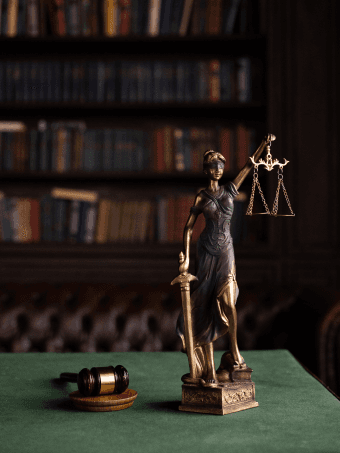Truth Social
During his 2016 campaign and presidency, Trump used social media extensively, often giving them preference to traditional information channels. And even though social media was instrumental to his rise, Trump for years had accused platforms like Facebook, Twitter and others of censorship. Following the attack on the US Capitol by his supporters on January 6 2021, Twitter, Facebook and Alphabet's YouTube banned him from using their services.
Trump Media & Technology Group launched Truth Social in February 2022, marketed as an alternative media channel to allow users to freely express themselves and protect their rights from the "Big Tech". The app is Twitter-like in its features and design, allowing users to build custom profiles, follow others and create posts, which the app calls "Truths" and "Re-Truths" instead of tweets and retweets. The main difference from other social media channels, however, is in its plans for content moderation, with a strong emphasis on free speech and freedom to post with less censorship.
Truth Social app was offered for download from the Apple App Store to a limited number of subscribers who had pre-ordered. Users who received initial access reported multiple bugs and glitches, issues with creating an account and staying logged in. This led to a significant decrease in traction following the initial launch.
Besides its many technical and financial issues, Truth Social is now facing legal complications because of its lack of distinctiveness to be registered as a trademark. The USPTO found two other companies who already use the Truth Social wording in commerce, which would create what's known as the "likelihood of confusion" if Trump also got the rights to use this trademark.
Likelihood of Confusion
For a trademark to be eligible for registration, it has to meet certain criteria, one of them being distinctiveness. As the purpose of a trademark is to signal a recognizable source of goods or services to the customer, only a distinctive-enough trademark can achieve this purpose without consumer confusion. A number of factors play into the likelihood of confusion, including how distinctive the name/logo is, how similar it is to the opposing trademark, and how similar the products or services are.
The trademark office pointed out that Truth Social's name is similar to two other businesses: Vero — True Social, a social media app, and the Truth Network, a Christian radio service. The similarity of both the names and the services associated with these names makes it more likely for the consumers to be misled. That means, if Trump were to register Trush Social, Vero—True Social or Truth Network would most likely enforce their trademarks and claim infringement.


